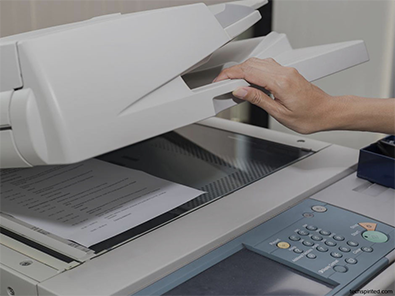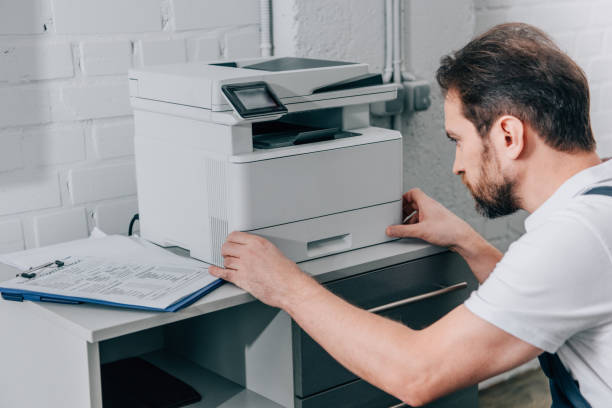
Printers are usually taken for granted until they need repair. Then it becomes very clear how much the office depends on this important device. Copiers are more affordable and they can do more than ever before. Most office machine suppliers offer the option to purchase or lease your copier. There are advantages and disadvantages to both, but if you have settled on leasing, you may need a few helpful tips when picking a copier rental company.
Copier leases are very important in every company, no matter how much you lean on digital sharing. There are a lot of things to consider when you lease a copier, but the first thing you should do is to research. Keep in mind the needs of your company, the budget allotted and the terms of the contract. Here are some tips on how to pick a great copier rental company.
If you need a copier for your business, you may visit Copier leasing in San Jose or check our website at Copier Leasing Services in San Jose
Assess your needs
Check all of the production needs of your company, as well as the number of employees that are using the copier. The size of your company and expected growth are also factors to consider. Once you have established your requirements, research brand reviews, and user recommendations. Get a lot of copier rental quotes based on this information so you can feel confident in your decision.
Operating lease
There are two types of a copier lease. This first is an operating lease, which involves the straightforward renting of the copier. You will get the option to purchase when the lease expires, but that cost will include depreciation and wear and tear. This is the most common type of lease, as it offers very low monthly payments. Since you are renting the machine, the asset should not be added to your balance sheet.
Capital lease
A capital lease is not as common but it has great advantages. A capital lease is a loan, with interest and principal going towards the cost of the copier. With this type of lease, the copier will be seen on your balance sheet, even while you make your monthly payments. The final buyout price of the copier will have been agreed upon in the contract. This lease is perfect for businesses that do not have the capital to buy the copier outright.
Determine contract terms
The contract is also very important. Term length will determine the monthly payments, depreciation, and interest. Most lease terms can go as long as five years, with a minimum of three years. Also, the copier lease is the service agreement. The terms of that leasing agreement exist differently from the lease and it can also be negotiated. Service agreements are basically based on the number of copies that the copier will make every month. The more production your copier handles, the more expensive your service agreement is.
Clarify everything
If you have any concerns or doubts, be sure to clarify them all before you sign any contract. A Copier lease can be complicated and it should not be signed without a thorough review. Make sure you understand the fees, the overall damage coverage, and whether or not there is a renewal clause.
As you might already know from past experience, choosing your service provider is just as vital as choosing the equipment itself. After all, you will be relying on that vendor to provide supplies on a timely basis, respond quickly to service calls and get you back up and running quickly. If they do not do those things very well, you can face costly business interruptions with even the best quality printers and copiers.
That is why we recommend that you avoid bundling your copier service contracts together with the equipment leases. So unless you are very familiar with the vendor and you are satisfied with their service, you are safer keeping your equipment leases separate from the copier service contracts.
Leasing a copier can be convenient and cost-effective. Assess the production needs of your office and your research reviews for various copier models. Determine what kind of lease suits your company’s needs, then make it a priority to understand your contract.





